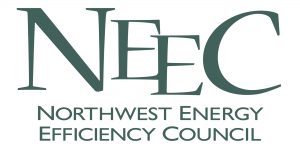The Natural Resources Defense Council (NRDC) and the Edison Electric Institute (EEI) announced this month a joint statement to the nation’s utility regulators. While NRDC and EEI have had this type of agreement in the past, this statement is particularly noteworthy given a 2012 EEI White Paper which declared energy efficiency and distributed generation to be an existential threat to the electric utility.
The NRDC-EEI joint statement to regulators builds on a number of key principles.
- Retail electric distribution system should not be viewed or regulated as a commodity business. Utilities should focus on meeting customers’ energy services needs.
- Regulators should break the linkage between cost recovery and commodity sales and provide reasonable and predictable annual adjustments in authorized non-fuel revenue requirements.
- Distributed generation owners should provide reasonable cost-based compensation for the utility services they use, while being compensated for the services they provide.
- Utilities need assurances that revenue recovery of their non-fuel costs will not vary based on fluctuations in electric use.
- Investor owned utility earnings opportunity should be tied to benefits delivered to customers through things like energy efficiency and clean energy generation.
- Support of smart meter deployment as well as program targeting of under served populations.
The issue of utility rate structures has particular local significance in light of Puget Sound Energy’s recent decoupling ruling as well as the announcement by Seattle City Light of possible new rate structures that move a greater percentage of fixed costs from variable rate charges to basic service fees and demand rates. For additional background on NRDC’s view on these issues, Ralph Cavanaugh’s recent Verge article is a good read.
